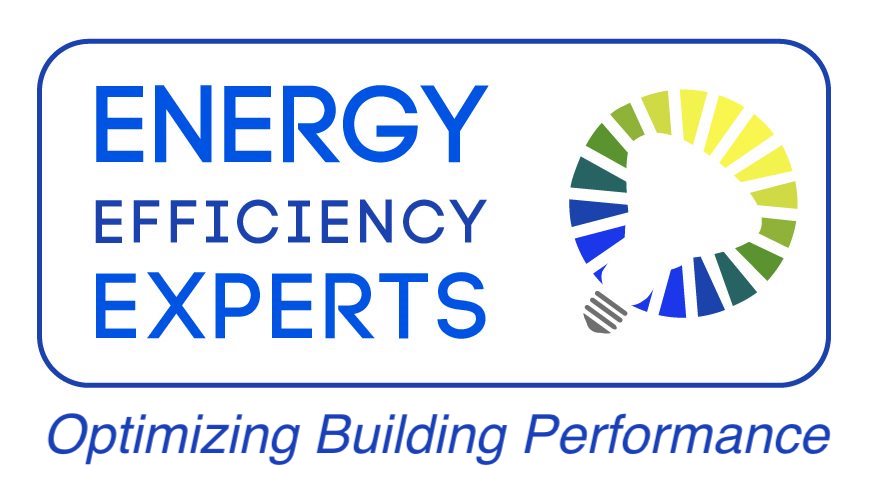
Save Energy at Home: Do-It-Yourself Projects
Check back with us from time to time for more information on how you can improve efficiency and save energy at home.
DIY: Lead Sealing
This is a process where we use the blower door so we can easily identify leaks and seal them, this enables us to drive the infiltration rate down to the recommended levels.
DIY: Replacing your Door’s Bronze Weather strip
This strategy takes longer than installing the newer types of weatherstripping and is useful on old or warped doors.
DIY: Water Heater Tune up
Most hot water heaters come with an anode inside, and after the anode rusts away, the tank itself starts to rust. By replacing the anode you can get another 8 to 10 years out of the hot water heater. Note: this heater is now 22 years old and still running.
DIY: Improving Window Performance
Performing maintenance on windows to reduce or eliminate leaking.
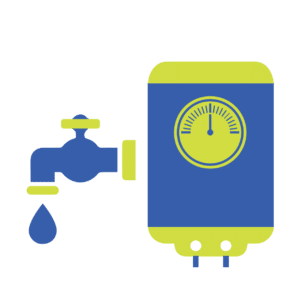
DIY: Reducing Your Energy Consumption
Sometimes, a simple change in habits is all it takes to reduce your energy consumption by 15%. And the best news: It doesn’t cost a penny to do it. Here are a few tips to get you started.
Sometimes, a simple change in habits is all it takes to reduce your energy consumption by 15%. And the best news: It doesn’t cost a penny to do it.
- Lights
- Refrigerators
- Washer and Dryer
- Dishwasher
- Water Heater
- Water Usage
- Appliances / Electronics
- Heating and Cooling Systems (HVAC)
- Window Air Conditioning Unit
For detailed information on buying energy efficient appliances and electronics, read our Energy Guide.
Appliances / Electronics
- Unplug equipment that is not being used. Even when turned off, it’s still consuming power when plugged in
- To make this easier, plug multiple appliances / electronics into one or more power strips and turn the power switch off when you’re not using them.
- Ditch the screen saver on your computer. Instead, use the sleep mode, where the computer goes dark after the specified period of inactivity.
- When it’s time to replace appliances / electronics, consider buying ENERGY STAR qualified ones. This seal from the Department of Energy and Environmental Protection Agency means the product is considerably more efficient than the competition.
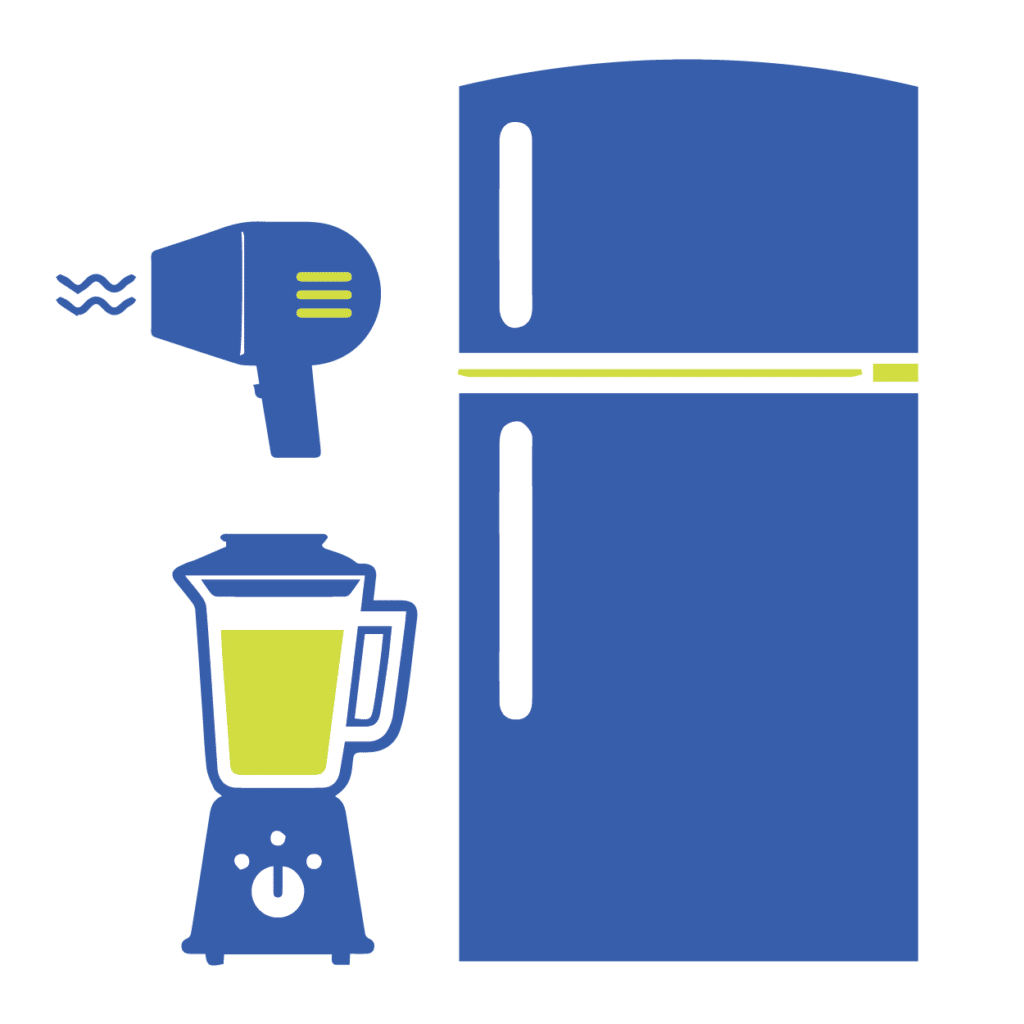
Refrigerators
- If you have more than one refrigerator in your home, turn off the extra one when you’re not using it.
- Set refrigerator thermostats to 37-40° F and the freezer to 0-5° F.
- Make sure the refrigerator door seals are clean and tight.
- Clean the condenser coils at the back or bottom of the refrigerator.
Washer and Dryer:
- Wash in warm or cold water, instead of hot, and rinse in cold water. Heating water consumes 90% of the energy in the washing process.
- Always wash full loads.
- Hang your laundry on a clothesline or drying rack when possible. This saves energy and the quality of your clothes.
- When you do opt for the dyer, use the moisture sensor, if you have one. It shuts off the dryer when the laundry is dry.
- Clean the lint trap before every load to improve air circulation and efficiency.
- Dry heavier items such as towels separately from lighter items. Loads of similar-weight laundry will dry faster and more evenly.
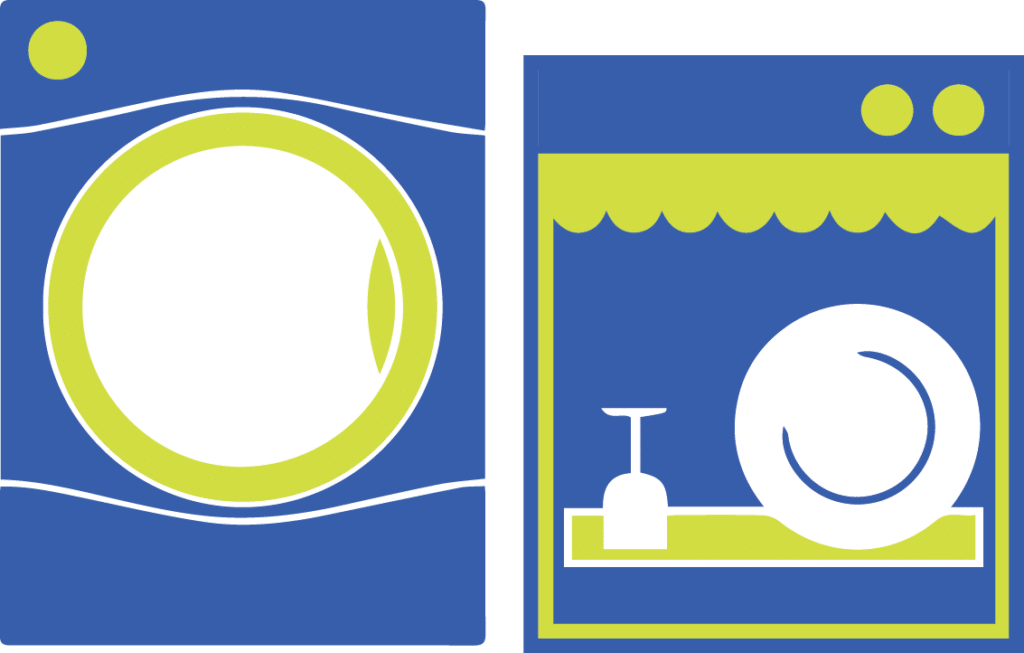
Dishwasher
- Only run the dishwasher when it’s full.
- Scrape and load dishes; no pre-rinsing is necessary.
- If you have it, use the energy-saver setting for washing.
- If you have it, use the air-dry option for drying. It circulates room air through the dishwasher by fans, instead of baking your dishes dry.
Heating and Cooling System (HVAC)
- Clean the floor vents or radiators when vacuuming. This will improve the efficiency of your HVAC.
- Close the dampers to the fireplaces to keep the heat in and costs down.
- In warmer months, open windows and use ceiling fans, especially at night.
- Try to minimize stove and oven use in the summer.
- Use curtains or insulated window shades on windows on the east, south or west sides of the house so that your air conditioner won’t need to work as hard.
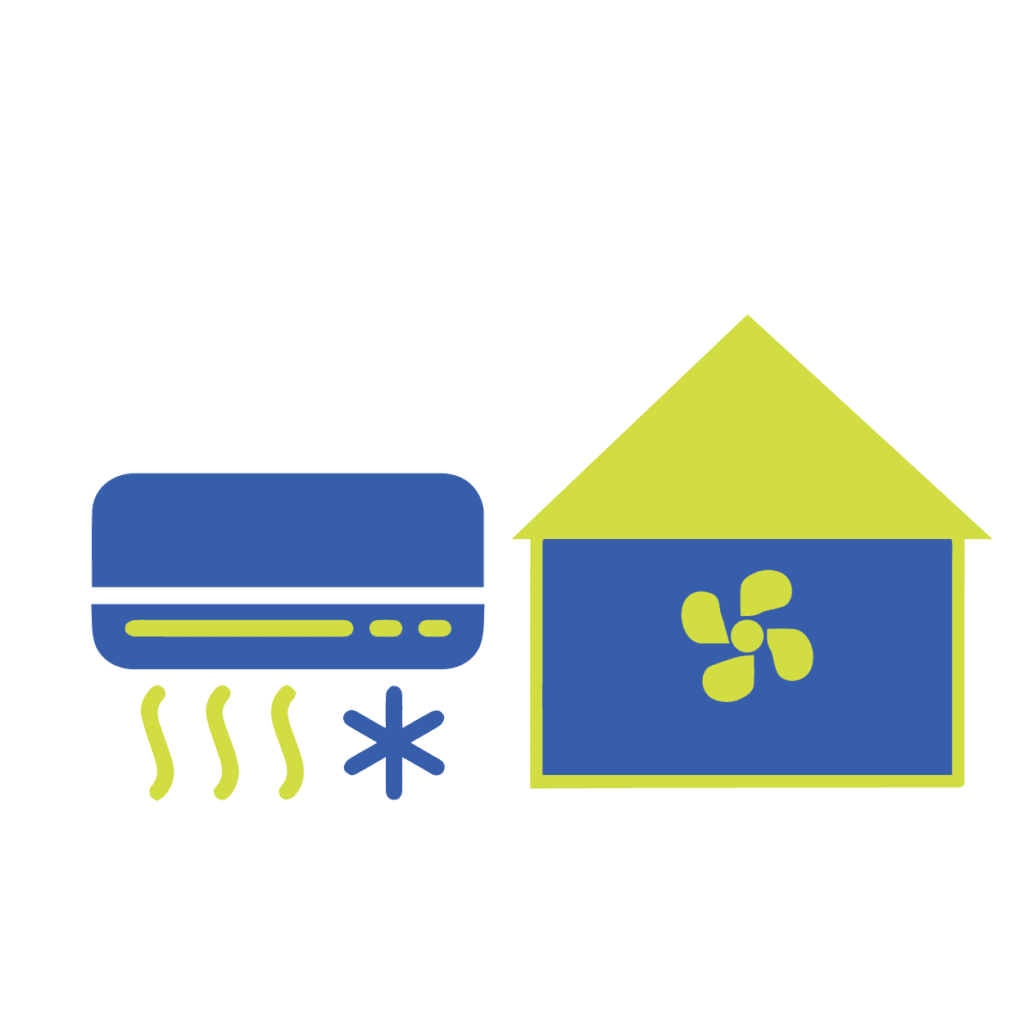
Window Air Conditioning Unit
- Check the drain and unclog it if necessary. This will improve efficiency.
- Clean (or change) the air filter frequently to keep the unit running efficiently.
- Remove the unit in the winter, if possible; otherwise cover it and seal it well.
Water Usage
- Take shorter showers and fewer baths.
- Turn the water off while brushing your teeth.
- In older models only, place a couple of bricks or a plastic container full of water in the toilet tank. This will reduce the amount of water used with each flush.
- Check the toilet tank for leaks.
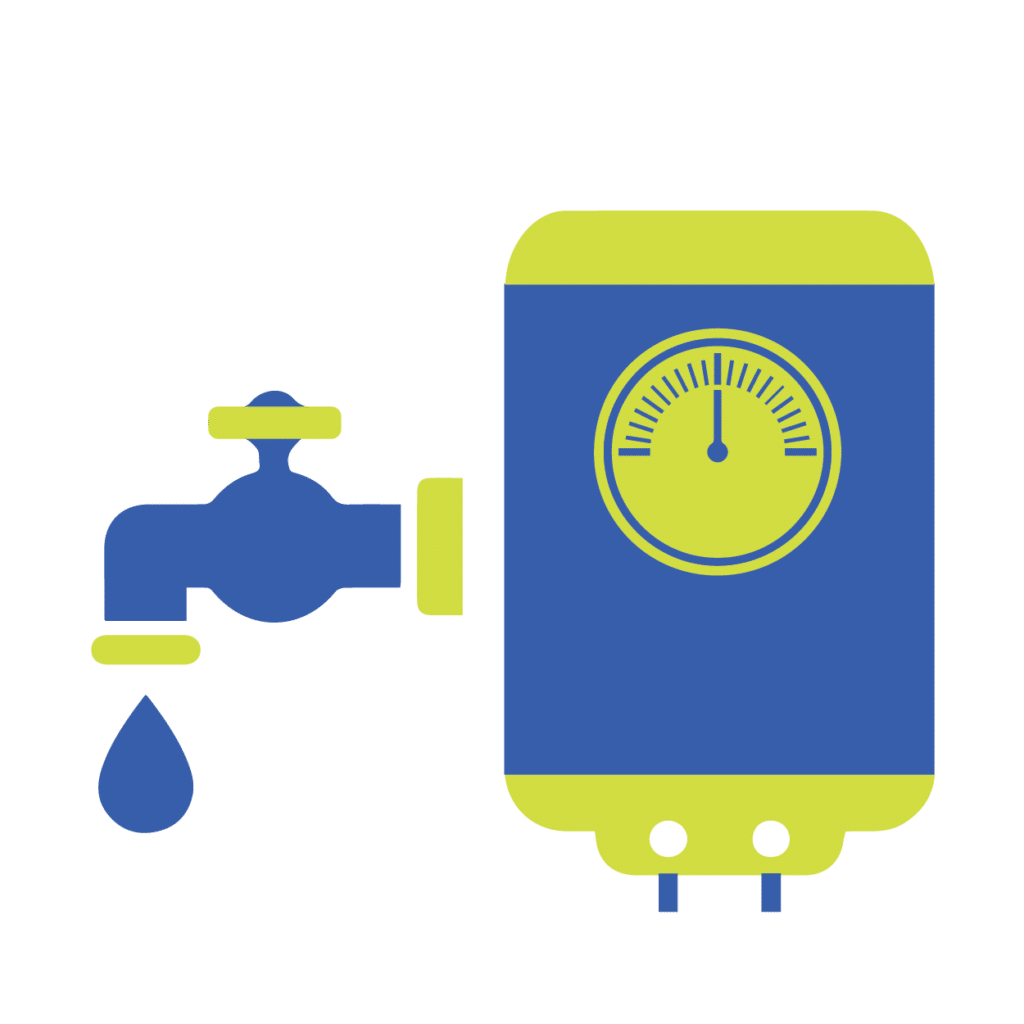
Water Heater
- Turn the heater down to 120° F, from the typical setting of 140° F. This will reduce your water heating costs by 6 to 10%.
